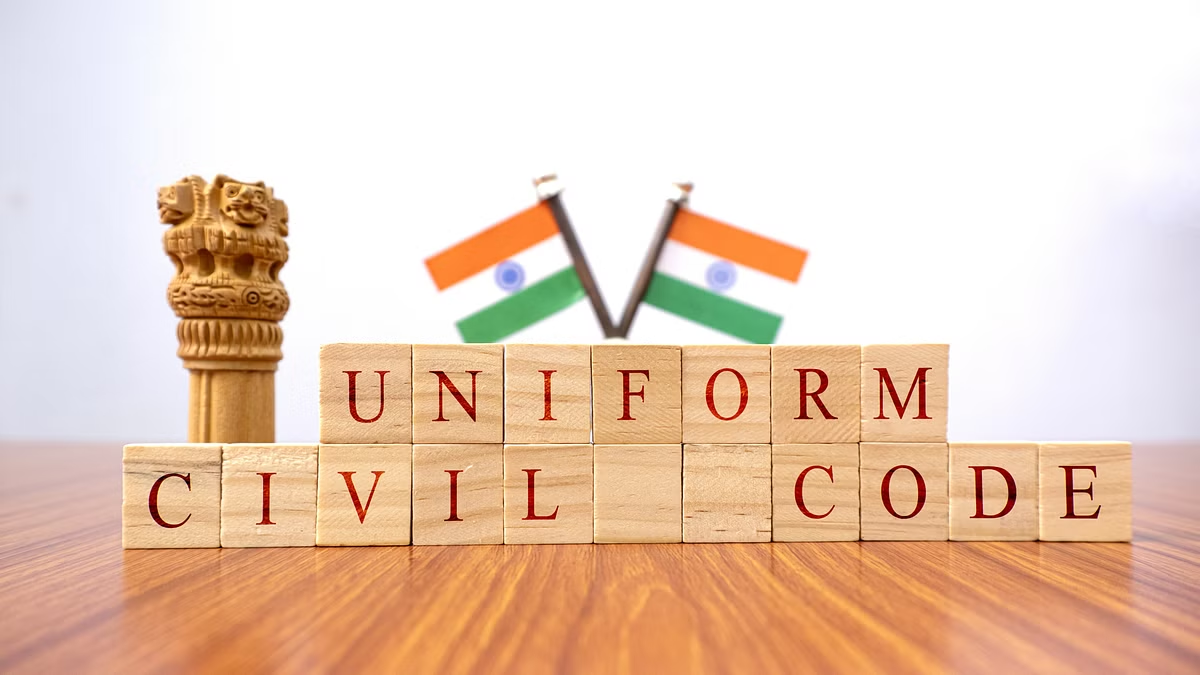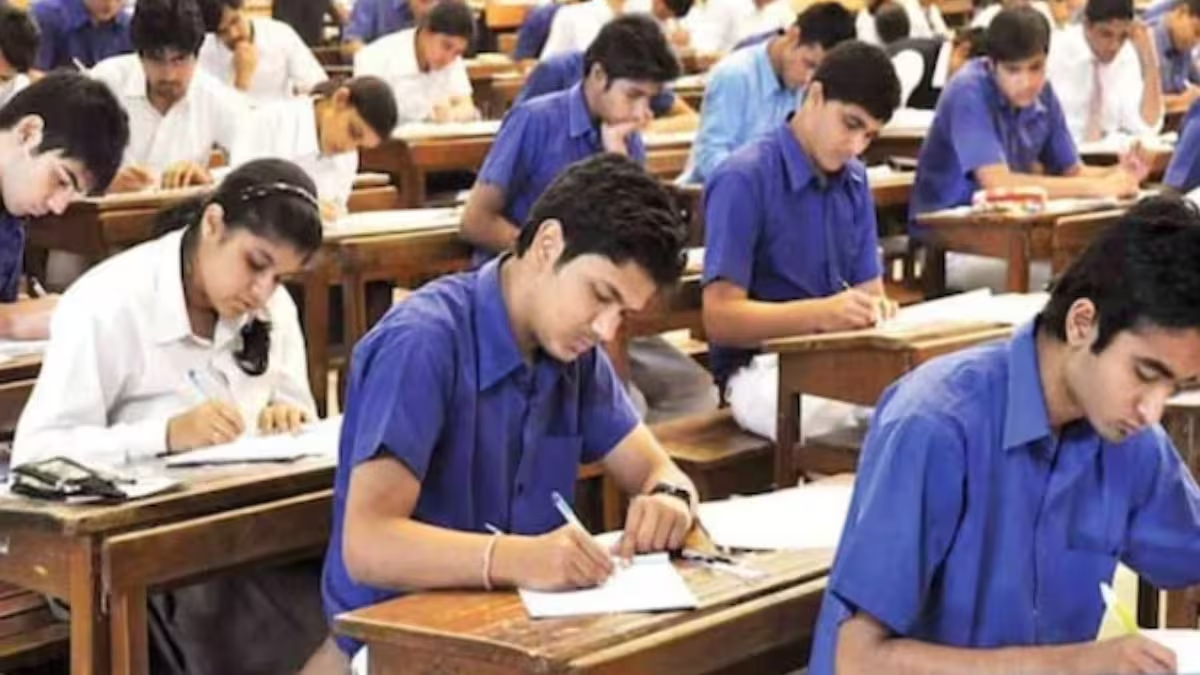The Election Commission is a constitutionally established autonomous entity tasked with overseeing the electoral process in India. A primary responsibility of the Commission is to ensure that elections are conducted in a free and fair manner across the nation, with transparency being a vital aspect of its operations. Throughout its tenure, the Commission has encountered numerous allegations and challenges in fulfilling its duties. The opposition frequently raises questions regarding the Commission’s functioning during election periods. Despite facing various concerns about its composition in recent times, the Commission has successfully upheld transparency and adhered to the principles and ideals enshrined in the Indian Constitution. India stands as the largest democracy in the world, and as articulated in the preamble—considered the essence of our Constitution—it is defined as a Socialist, Secular, Democratic Republic. The modern nation-state was established on August 15, 1947, and since that time, the principle of free and fair elections has been central to our electoral framework. The Election Commission was formed in accordance with the Constitution of India on January 25, 1950, and has since operated as a permanent constitutional authority endowed with the responsibility of overseeing, directing, and controlling the entire electoral process, including elections for the Parliament, state legislatures, and the offices of the President and Vice-President of India.
Composition of Election Commission
Article 324 of the Indian Constitution outlines the structure of the Election Commission. According to Article 324(2), the Election Commission is to be composed of the Chief Election Commissioner and a number of Election Commissioners, as determined by the President at any given time. Initially, the commission was comprised solely of a Chief Election Commissioner; however, following the enactment of The Election Commissioner Amendment Act in 1989, the commission was expanded to include two additional Election Commissioners, effective from October 16, 1989.
Appointment and Tenure of the Election Commissioners
Article 324(2) stipulates that the President is responsible for appointing the Chief Election Commissioner and other Election Commissioners, in accordance with any relevant legislation enacted by Parliament. Previous parliamentary legislation outlined the service conditions for the Chief Election Commissioner and other Election Commissioners but did not address the appointment process. Consequently, appointments were traditionally made based on recommendations provided to the President by the executive branch. In 2015, a Public Interest Litigation was filed by Anoop Baranwal in the Supreme Court, seeking directives to establish an independent collegium system for the appointment of the Chief Election Commissioner and other Election Commissioners. The petitioner argued that appointments made solely on the advice of the executive contravened Article 14 and undermined the principle of separation of powers, potentially leading to arbitrary decisions influenced by the ruling party’s biases. In response, the Court, exercising its authority under Article 142, determined that the Chief Election Commissioner and other Election Commissioners should be appointed based on the recommendations of a three-member committee comprising the Prime Minister, the Chief Justice of India, and the leader of the Opposition or the leader of the largest party in the Lok Sabha. The Court also indicated that this mechanism would remain in effect until Parliament enacted new legislation on the matter. To address the legislative gap, the Minister of Law and Justice, Arjun Ram Meghwal, introduced The Chief Election and other Election Commissioners (Appointment, Conditions of Service and Term of Office) Bill, 2023. This bill received approval from the Rajya Sabha on December 12, 2023, and was subsequently passed by the Lok Sabha on December 21, 2023, thereby becoming law. This legislation fundamentally altered the framework governing the appointment of the Chief Election Commissioner and other Election Commissioners.
The recent legislation stipulates that the appointment of the Chief Election Commissioner (CEC) and other Election Commissioners (ECs) will occur based on the recommendations of a select committee. This committee will include the Prime Minister, a Union Cabinet Minister, and the Leader of the Opposition or the Leader of the largest party in the Lok Sabha. These provisions faced significant opposition in Parliament, primarily due to concerns that a committee heavily influenced by the Union executive would undermine the independence of the Election Commission. Critics argue that individuals recommended by such a committee may carry biases aligned with the ruling party. Despite these contentious issues, the Election Commission was established in accordance with the new law for the 18th Lok Sabha elections. A new Lok Sabha was constituted in May 2024, overcoming numerous challenges. The commission demonstrated its independence and impartiality, with the election results serving as compelling evidence, witnessed by the entire nation.
Role of Election Commission
The commission is essential in guaranteeing that elections are conducted in a manner that is both free and fair, while also ensuring the transparency of the entire process. It has been assigned the responsibility of overseeing, directing, and managing the electoral procedure. In fulfilling its mandate, the commission undertakes several key functions, including:
- Defining the territorial boundaries of electoral constituencies in accordance with the Delimitation Commission Act.
- Compiling and regularly updating electoral rolls, as well as registering qualified voters.
- Announcing the election timetable.
- Reviewing nomination papers.
- Granting official recognition to political parties and assigning them symbols.
- Functioning as an adjudicatory body to resolve disputes related to registration and symbol allocation.
- Appointing officials to address disputes concerning electoral arrangements.
- Establishing the model code of conduct.
- Providing counsel to the President and Governors regarding the disqualification of Members of Parliament and Members of Legislative Assemblies, respectively.
10. Announcing the cancellation of elections in instances of violence or electoral fraud.
The commission, in the execution of its responsibilities, upholds transparency to guarantee that the entire electoral process is conducted in a free and fair manner.
Challenges faced by the Commission
Challenges Encountered by the Commission Despite its commitment to transparency and an effectively operating system, the Commission frequently confronts accusations of bias. The independence of the Commission is often scrutinized due to the method of appointment, and it occasionally struggles to address the influence of money and the criminalization of politics. Furthermore, it is inadequately equipped to manage and regulate various aspects of political parties. The Commission faces challenges in overseeing internal party democracy and financial practices. These issues, coupled with allegations regarding the malfunctioning of electronic voting machines, undermine public confidence in the electoral system.
Way Forward
The Commission has the capacity to implement Voter Verifiable Paper Audit Trail Systems (VVPATs) across an increasing number of constituencies until the concerns surrounding Electronic Voting Machines (EVMs) are resolved and public confidence is restored. Additionally, the Commission encounters the challenge of collusion within the lower tiers of civil and police administration that favors the ruling party. It is imperative for the Commission to remain vigilant and attentive to such collusion. Furthermore, the recommendations put forth in the 2nd Administrative Reforms Commission report should be taken into account, which suggests that a collegium led by the Prime Minister, including the Speaker of the Lok Sabha, the Leader of the Opposition in the Lok Sabha, the Law Minister, and the Deputy Chairman of the Rajya Sabha, should make recommendations to the President regarding the appointment of the Chief Election Commissioner and the Election Commissioners.
Conclusion
Despite encountering various challenges, the commission has consistently fulfilled its responsibilities. The constitutional protections regarding the salary, tenure, and removal of the Chief Election Commissioner and other Election Commissioners are adequate to uphold the commission’s independence. However, the issue arises in the adherence to the principles of separation of powers, which at times appears to be compromised throughout the process.






